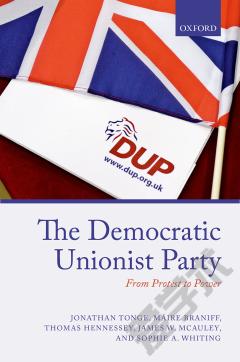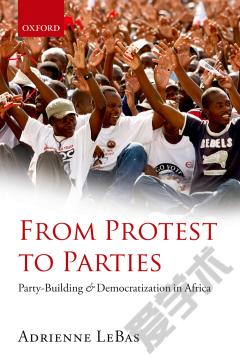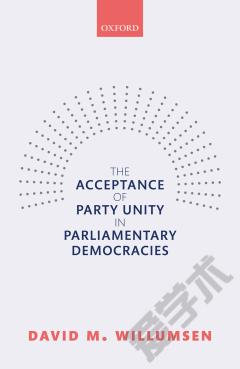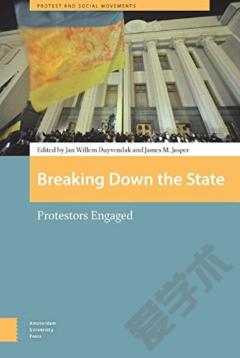The Democratic Unionist Party —— From Protest to Power
----- 民主统一党:从抗议到权利
The Democratic Unionist Party (DUP) in Northern Ireland has undergone a remarkable transformation. Having been a party of opposition and protest for decades following its foundation in 1971, the DUP is now the leading party of government in the region, one which dominates unionist politics. The party moved from a religiously influenced determination to face down the âenemies of Ulsterâ to acceptance of the need to share power with those âenemiesâ in the form of Sinn Fein. In so agreeing, via the 2006 St Andrews Agreement, the DUP secured the sharing of power first attempted in the 1998 Belfast Agreement. It was a deal which startled many of even the most loyal followers of the DUPâs leader for decades, the Reverend Ian Paisley, but one which has stuck under his successor, Peter Robinson Yet, despite its colourful past and contemporary prominence, the DUP has rarely been the subject of detailed academic analysis. This unique book is the first to examine who are the DUPâs members and explore what they believe. Drawing upon unprecedented access given by the party, including a Leverhulme Trust-funded survey of the membership and over one hundred detailed interviews, this book analyses what makes individuals join the DUP; who those members are in terms of age, gender, and religion; what they think of the political institutions and power-sharing; attitudes to policing changes and dissident threats and what issues, constitutional or otherwise, concern them most.
{{comment.content}}








 京公网安备 11010802027623号
京公网安备 11010802027623号